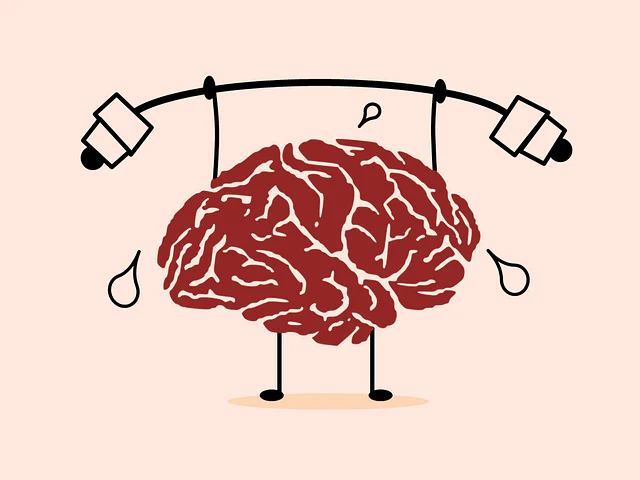Memory loss is something most people experience at some point in their lives. Forgetting where you put your keys or missing an appointment occasionally is normal. But when memory lapses become more frequent or severe, they may signal something more serious.
What Causes Memory Loss?
Memory loss can be caused by a variety of factors, including:
- Aging: As we age, it’s normal for memory to decline slightly.
- Stress and Anxiety: High stress levels can make it harder to concentrate and remember things.
- Lack of Sleep: Sleep is essential for memory consolidation.
- Medical Conditions: Alzheimer’s disease, dementia, stroke, and even infections can lead to memory problems.
- Medications: Some drugs have side effects that include memory impairment.
- Vitamin Deficiencies: Especially B12 deficiency can cause cognitive issues.
Signs You Shouldn’t Ignore
If you or someone you know is experiencing the following, it’s time to see a doctor:
- Forgetting important events or conversations
- Getting lost in familiar places
- Difficulty performing daily tasks
- Repeating the same questions or stories
How to Support Your Memory
- Stay mentally active: Puzzles, reading, and learning new skills help keep your brain sharp.
- Exercise regularly: Physical activity improves blood flow to the brain.
- Eat brain-healthy foods: Focus on fruits, vegetables, whole grains, and omega-3s.
- Sleep well: Aim for 7–9 hours of quality sleep each night.
- Manage stress: Mindfulness and relaxation techniques can improve focus and memory.
Memory loss isn’t always a sign of something serious, but it’s important to monitor changes and seek help if needed. Early intervention can make a big difference.
